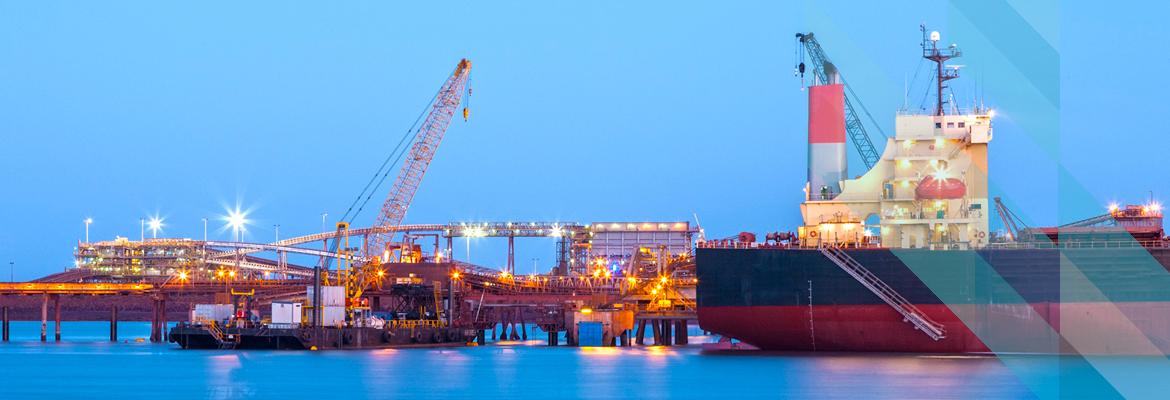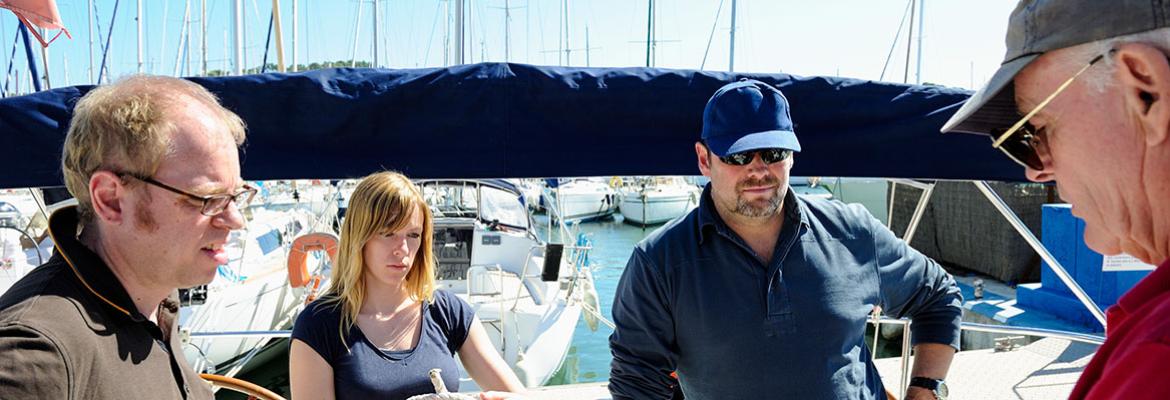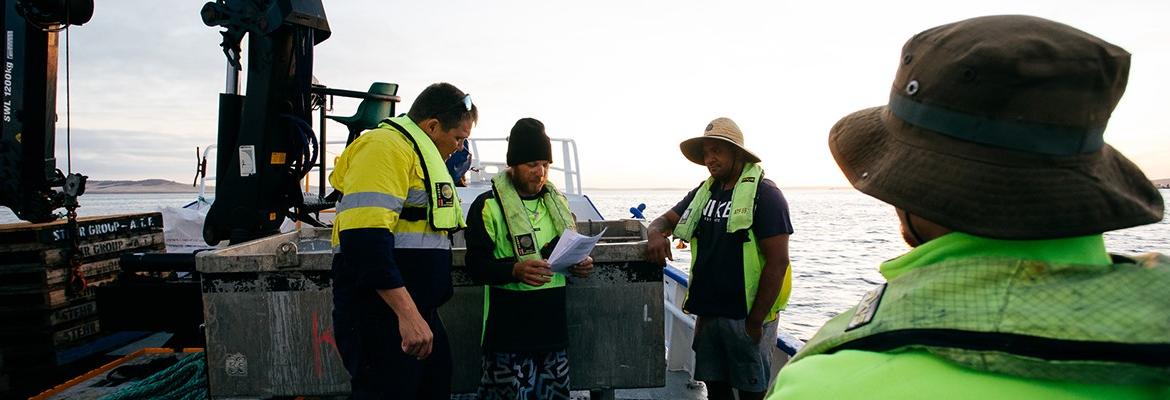
As a part of global measures to reduce harmful air emissions, vessels must meet certain air emission requirements. The rules that apply depend on several factors, including whether a vessel operates internationally or domestically and the type and power output of the vessel's engine.
The proposed changes will make it easier for operators to understand and apply the rules.
The key proposed changes in the Marine order 97 (Marine pollution prevention - air pollution) 2022 are, from the date the order takes effect, anticipated to be on 1 January 2023:
- a diesel engine with a power output of more than 130 kW installed on an existing or new DCV will be required to have an engine international air pollution prevention (EIAPP) certificate and associated technical file.
- an existing diesel engine with a power output of more than130 kW already installed on DCVs will not require an EIAPP certificate. However, if a DCV proceeds on an overseas voyage, it will no longer be a DCV. All vessels proceeding on an international voyage (for example to undertake maintenance, or on a delivery voyage), will be required to have an EIAPP certificate and associated technical file for each diesel engine with a power output of more than 130 kW installed on the vessel.
- diesel engine suppliers will be required to provide an EIAPP certificate and the technical file with any new diesel engine-with a power output of more than 130 kW-sold for installation on a DCV.
- people carrying out a major conversion of a diesel engine with a power output of more than 130 kW for use on a DCV, will be required to supply an EIAPP certificate and the technical file for that converted engine.
- vessels of 400 gross tonnage and above proceeding on an overseas voyage (for example to undertake maintenance or on a delivery voyage), will be required to hold an international energy efficiency (IEE) certificate and an international air pollution prevention (IAPP) certificate.
- deliberate emissions of ozone depleting substances (for example certain refrigerants) from DCVs, RAVs, foreign vessels and all recreational vessels will be prohibited.
- When records for using ozone depleting substances are required to be kept, electronic record books will be an option. This option will also be available for NOx emission and fuel oil change over records when applicable
- Requirements for local fuel oil suppliers will be made more consistent with MARPOL Annex VI and the Pollution Prevention Act.
The consultation closes at midnight on 20 March 2022.

